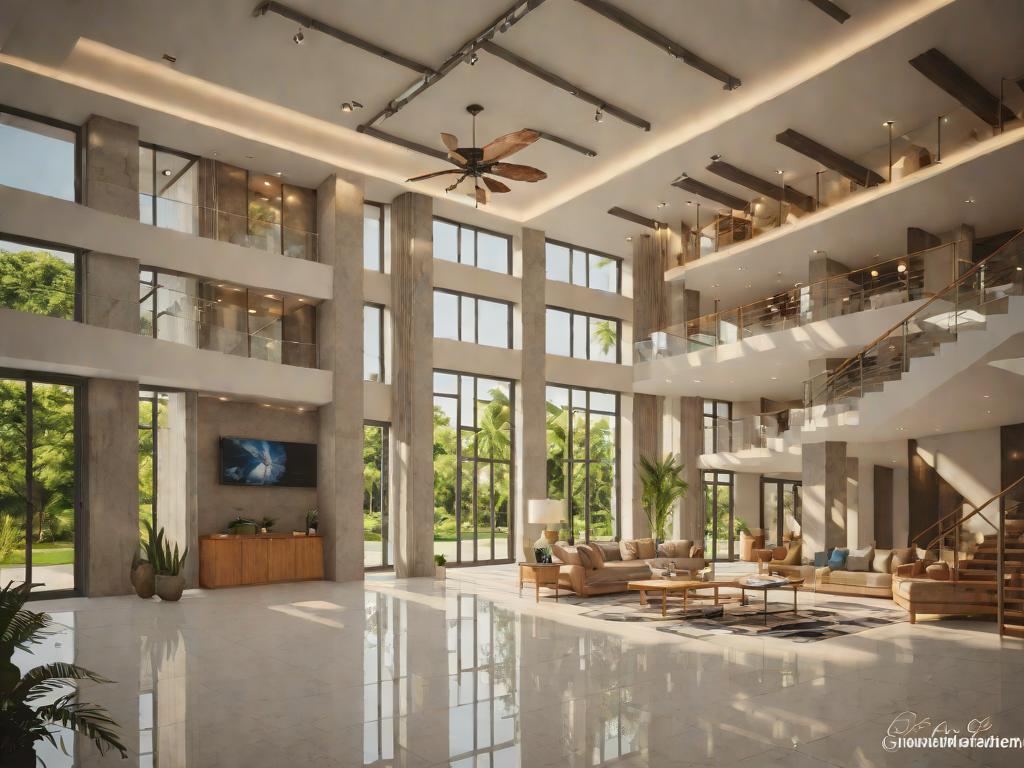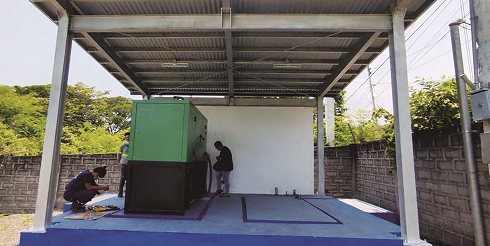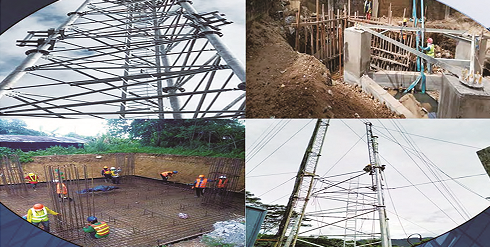When it comes to starting a construction project in the Philippines, getting the necessary approvals is a crucial step. The process can be complex and challenging, but with the right knowledge and preparation, you can navigate through it smoothly. In this comprehensive guide, we will break down the key steps and requirements for obtaining approval for a construction project in the Philippines.
1. Understanding the Regulatory Bodies and Requirements:
- Discuss the role of the key regulatory bodies involved in the approval process, such as the Department of Public Works and Highways (DPWH), the local government unit (LGU), and the Philippine Contractors Accreditation Board (PCAB).
- Highlight the specific requirements and documentation needed for the approval process, including architectural and engineering plans, environmental impact assessments, and building permits.
2. Navigating the Permit Application Process:
- Explain the step-by-step process of applying for construction permits, including the submission of necessary documents and the timeline for review and approval.
- Discuss any special considerations or requirements for different types of construction projects, such as residential, commercial, or industrial.
3. Compliance with Building Codes and Regulations:
- Emphasize the importance of adhering to the National Building Code of the Philippines and other relevant regulations to ensure the safety and integrity of the construction project.
- Provide examples of common building code violations to avoid and the potential consequences of non-compliance.
4. Environmental Impact Assessment and Clearance:
- Discuss the significance of conducting an environmental impact assessment (EIA) for construction projects, particularly for those in sensitive or protected areas.
- Explain the process of obtaining environmental clearance certificates and the role of the Department of Environment and Natural Resources (DENR) in the approval process.
5. Engaging with the Local Community and Stakeholders:
- Highlight the importance of community engagement and stakeholder consultation during the approval process, especially for projects that may impact the local neighborhood or environment.
- Provide strategies for building positive relationships with the community and addressing any concerns or objections raised during the public consultation process.
Key Points to Remember:
- Stress the importance of engaging with experienced professionals, such as architects, engineers, and construction consultants, to ensure a smooth approval process.
- Emphasize the need for thorough preparation and attention to detail in all aspects of the approval process to avoid delays or complications.
Conclusion:
Successfully obtaining approval for a construction project in the Philippines requires a deep understanding of the regulatory framework, meticulous attention to requirements, and proactive engagement with all stakeholders involved. By following the comprehensive steps outlined in this guide, construction companies can navigate the approval process with confidence and achieve their project goals in a timely and compliant manner.
温馨提醒:
如果您想办理建筑或者装修业务,欢迎您联系我们菲律宾皇家中国建筑装修公司(www.Royal-Power.com)的在线客服:点击免费咨询,我们将为您提供一站式服务。







